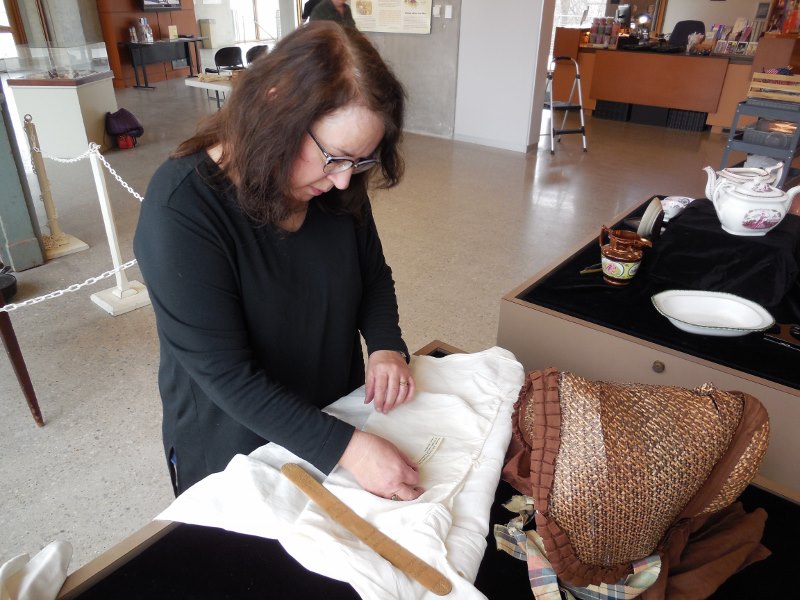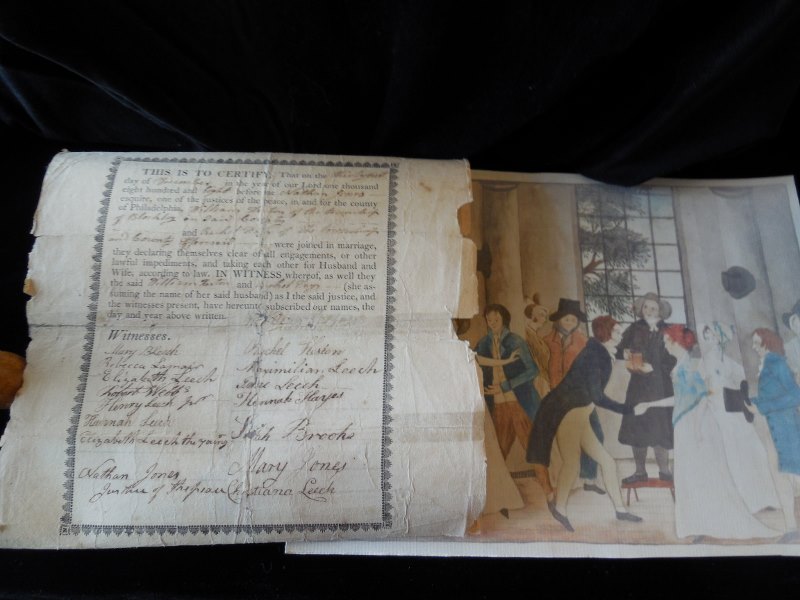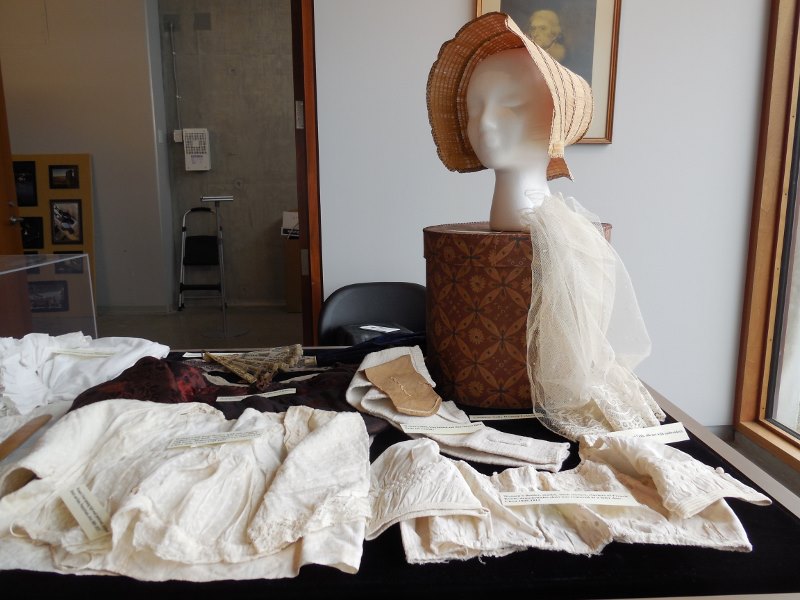 Tom Reynolds, professor of English, gave a poetry reading for Riverfront Readings on March 8 at the Nonprofit Village, 31 W. 31st Street, Kansas City MO 64108.
Tom Reynolds, professor of English, gave a poetry reading for Riverfront Readings on March 8 at the Nonprofit Village, 31 W. 31st Street, Kansas City MO 64108.
JCCC Dept. of English
Office: LIB 342
913-469-8500, ext. 3448
Blog editor: Mark BrowningArchives
- November 2025
- October 2025
- September 2025
- May 2025
- April 2025
- March 2025
- February 2025
- January 2025
- December 2024
- November 2024
- October 2024
- September 2024
- February 2024
- December 2023
- October 2023
- April 2023
- March 2023
- February 2023
- January 2023
- October 2022
- September 2022
- May 2022
- April 2022
- March 2022
- January 2022
- November 2021
- October 2021
- September 2021
- June 2021
- April 2021
- March 2021
- February 2021
- December 2020
- November 2020
- October 2020
- September 2020
- June 2020
- May 2020
- April 2020
- March 2020
- February 2020
- January 2020
- November 2019
- October 2019
- September 2019
- August 2019
- June 2019
- May 2019
- April 2019
- March 2019
- February 2019
- January 2019
- November 2018
- October 2018
- September 2018
- August 2018
- May 2018
- April 2018
- March 2018
- February 2018
- January 2018
- December 2017
- August 2016
- January 2016
- August 2014
- March 2014
- September 2013
- August 2013
- April 2013
- January 2013
- December 2012
- August 2012
- May 2012
Honors Catalog
- Honors Contract: Comp I
- Honors Contract: Comp II
- Honors Contract: Introduction to Literature
- Honors Contract: Introduction to Fiction
- Honors Contract: Children’s Literature
- Honors Contract: Creative Writing
- Honors Contract: Creative Writing Workshop
- Honors Contract: Masterpieces of the Cinema
- Honors Contract: World Masterpieces
- Honors Contract: British Literature I
- Honors Contract: British Literature II





